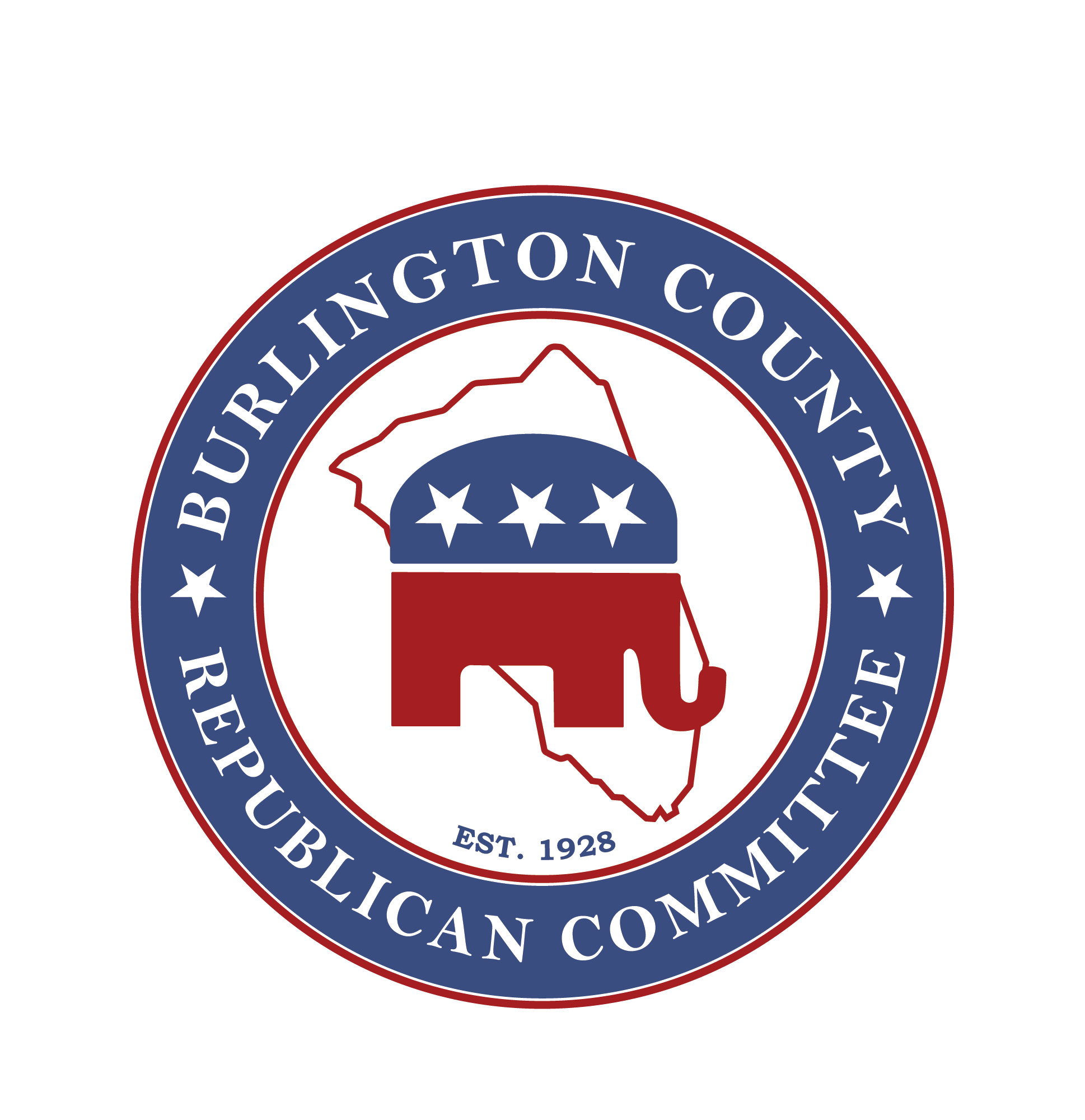Burlington County Considers Lawsuit In Opioid Epidemic
More than 300 Burlington County residents have died of a drug overdose since 2016, and 900 more people were saved by Narcan last year alone.
Burlington County officials are preparing to take the fight to those mostly responsible for the opioid epidemic after a couple years that have seen drug overdoses ravage the county. More than 300 Burlington County residents have died of a drug overdose since 2016, and 900 more people were saved by Narcan last year alone, according to county officials.
There has also been a financial impact on the county, as nearly every county department from the prosecutor, health and human services, corrections, sheriff, public safety, courts, to the medical examiner has incurred costs and a loss of resources responding to the epidemic, officials said.
“The opioid epidemic has touched the lives of far too many men, women, and their families in every one of our communities,” Burlington County Freeholder Deputy Director Linda Hughes said. “While we continue to provide resources and support to those struggling with addiction, it is not enough to stop this crisis. We must take our fight to the next level. That’s why I am pleased we will soon explore the potential for litigation against those corporations who are profiting off of the lives that have been lost.”
On Wednesday, the Freeholder Board considered requests for proposals from law firms that have specialized opioid litigation experience on both the state and federal level to represent the county in a potential lawsuit.
The sources of this crisis range from a local physician over-prescribing opioids, to the pharmaceutical representatives incentivizing them, to the national drug companies and distributors flooding the market with the highly addictive drugs.
The county’s potential lawsuit would hold these entities and persons responsible for knowingly creating and profiting from the opioid epidemic, while seeking damages for associated county tax dollars spent to date.
“Although no court crafted remedy or any amount of money can replace loved ones or heal the physical and emotional scars suffered by the victims and their families, holding those responsible for the pain, suffering and financial impact their actions have caused would be a step in the right direction,” said Hughes, who chairs the County’s Addiction Task Force. “We must do everything we can to help save the lives of the people who are living with addiction, and prevent others from succumbing to this horrible disease.”
Hughes stressed that helping county residents overcome opioid addiction will continue to be a priority for her and the Board. Earlier this year, she announced the reopening of Post House, a 48-bed county-owned drug and alcohol treatment facility, supported the Opioid Overdose Recovery Program in Burlington County, and helped provide space for bi-weekly support group meetings at the Burlington County Agricultural Center in Moorestown.
